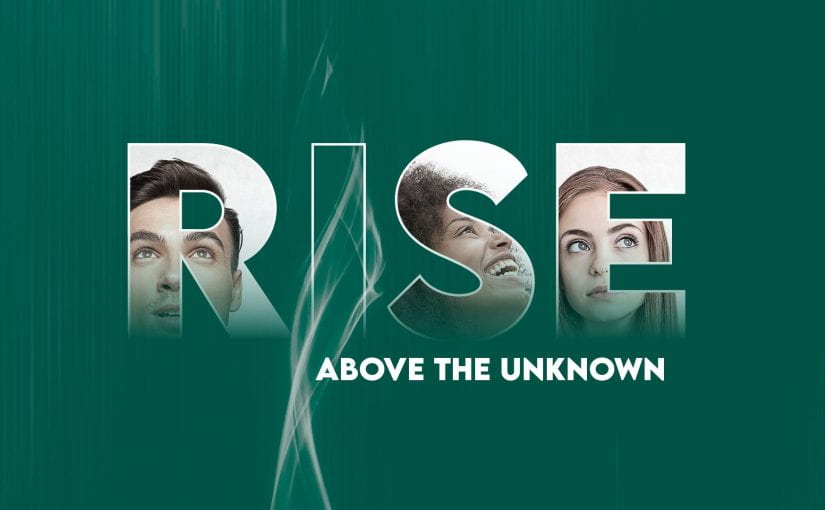Category: Speeches & Communications
-
UW-Green Bay Council of Trustees Update
By
|
The UW-Green Bay Chancellor’s Office emailed the following from Chancellor Michael Alexander to the UW-Green Bay Faculty and Staff on Wednesday, July 22, 2020. Dear Faculty and Staff, We are very fortunate to have a Council of Trustees (COT) that supports UW-Green Bay in important ways. The group had a special meeting on Tuesday to…
-

Open letter to the communities of Green Bay, Manitowoc, Marinette and Sheboygan
By
|
Dear UW-Green Bay Students, Faculty and Staff: At a meeting with campus leadership on Tuesday, I was asked if we were considering how to move forward as a campus after the pandemic. It was an excellent question and one that I have not done a good enough job articulating an answer for over the last…
-
International Students
By
|
The UW-Green Bay Office of the Chancellor emailed the following from Chancellor Michael Alexander to the UW-Green Bay Faculty and Staff on Tuesday, July 7, 2020. UW-Green Bay Faculty and Staff, Yesterday the Immigration and Customs Enforcement (ICE) released new guidance concerning international students studying on F-1 visas. As we understand the regulations, international students…
-
Coffee Break Follow-Up
By
|
The UW-Green Bay Office of the Chancellor emailed the following from Chancellor Michael Alexander to the UW-Green Bay Faculty and Staff on Wednesday, July 1, 2020. Dear UW-Green Bay Faculty and Staff, It was nice to be with everyone at the Coffee Break on Monday. There were a few questions that we were unable to…
-
Campus Budget Update
By
|
The UW-Green Bay Office of the Chancellor emailed the following from Chancellor Michael Alexander to the UW-Green Bay Faculty and Staff on Thursday, June 25, 2020. Dear UW-Green Bay Faculty and Staff, I hope you are all doing well. Prior to our Coffee Break on Monday morning at 8:30 a.m., I wanted to update you…
-
New UW System President
By
|
The UW-Green Bay Office of the Chancellor emailed the following from Chancellor Michael Alexander to the UW-Green Bay Faculty and Staff on Friday, June 19, 2020. Dear UW-Green Bay Faculty and Staff, As you have probably heard, Tommy Thompson has been named the interim president of the University of Wisconsin System. I am excited to…
-
Return to Campus & Next Coffee Break
By
|
The UW-Green Bay Office of the Chancellor emailed the following from Chancellor Michael Alexander to the UW-Green Bay Faculty and Staff on Thursday, June 18, 2020. Dear UW-Green Bay Faculty and Staff, On Monday we announced our intentions to open the four campuses to faculty and staff and the outdoor spaces on the Green Bay…
-
UW-Green Bay Reopening
By
|
The UW-Green Bay Office of the Chancellor emailed the following from Chancellor Michael Alexander to the UW-Green Bay Faculty and Staff on Monday, June 15, 2020. Dear UW-Green Bay Faculty and Staff, At the May 15 Coffee Break sessions, we announced our intention to have on-campus classes along with additional classes in other delivery methods to try…
-
Update on the Chancellor’s Council on Diversity and Inclusive Excellence Meeting and Open Letter
By
|
The UW-Green Bay Office of the Chancellor emailed the following from Chancellor Michael Alexander to the UW-Green Bay Faculty and Staff on Friday, June 12, 2020. Dear UW-Green Bay Faculty and Staff, Yesterday, the Chancellor’s Council on Diversity and Inclusive Excellence met. I want to thank Stacie Christian and Melissa Nash for their leadership of…
-
‘Our Commitment to Do Better’ Email to Students
By
|
The UW-Green Bay Office of the Chancellor emailed the following from Chancellor Michael Alexander on behalf of the Chancellor’s Cabinet to the student body on Thursday, June 4, 2020. Dear UW-Green Bay Students, I have been personally struggling over the tragic loss of life of George Floyd, Breonna Taylor, and Ahmaud Arbery in recent weeks. …

